7 Foods That Can Help Stop Alcohol Cravings
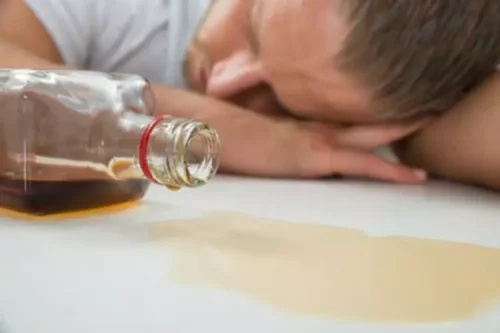
Tap into your social network to help support you through alcohol withdrawal. Find a supportive friend or family member to be with you while you withdraw and support your new non-drinking lifestyle. https://ecosoberhouse.com/ You don’t need to be diagnosed with alcohol use disorder in order to quit drinking. If alcohol is interfering with your health or your personal, financial, or professional life, consider quitting.
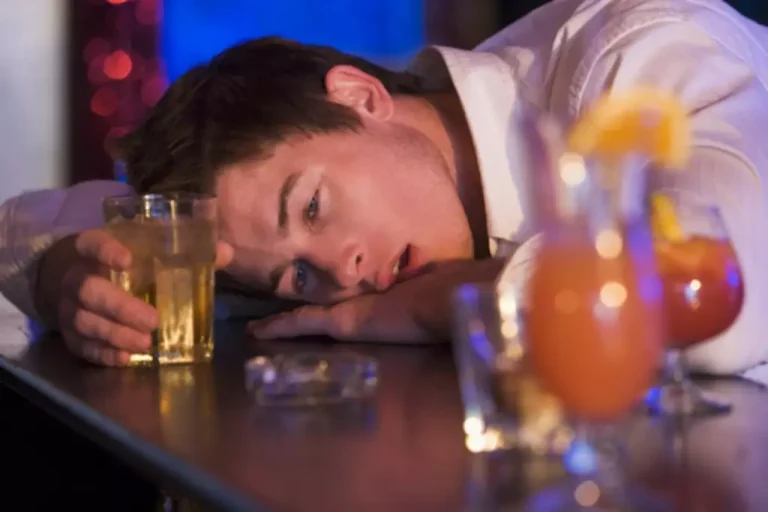
The Facts about Alcohol Cravings and How to Beat Them
- As you begin to notice those health benefits, you’ll likely feel more energized and inspired to keep up your progress.
- Incentive salience is when the motivation for a reward is driven by a person’s physiological state, learned cues, and reward associations.
- When you drink too much, your liver has a harder time filtering the alcohol and other toxins from your bloodstream.
Delaying the onset builds a sense of empowerment and reminds you that you control how you respond to urges. Alcohol use disorder can cause serious and lasting damage to your liver. how to stop alcohol cravings Your liver is responsible for removing toxins from your blood. When you drink too much, your liver has a harder time filtering the alcohol and other toxins from your bloodstream.
Why Should We Be Concerned About AUD and Alcohol Addiction?
Satisfying hobbies can distract you from wanting to drink, but they also help you relax — something everyone needs to do. But maybe you’re unsure about quitting completely and don’t want to hold yourself to that goal. From month-long sobriety challenges to the Sober Curious movement, more and more people are taking a closer look at the role alcohol plays in their lives. See your doctor if you begin to engage in behaviors that are signs of alcohol use disorder or if you think that you may have a problem with alcohol.
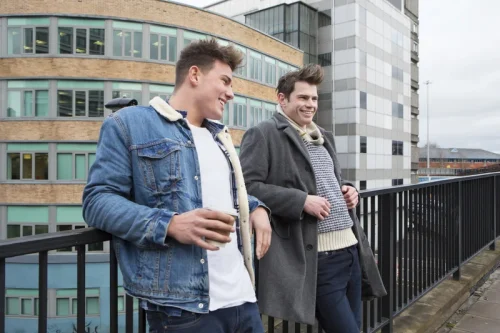
Alcoholism symptoms: what are the signs of alcohol abuse?
These programs involve working with a team of mental health professionals in a group and individual setting. Many people who seek treatment are able to overcome the addiction. A strong support system is helpful for making a complete recovery. As individuals continue to drink alcohol over time, progressive changes may occur in the structure and function of their brains. These changes can compromise brain function and drive the transition from controlled, occasional use to chronic misuse, which can be difficult to control. The changes can endure long after a person stops consuming alcohol, and can contribute to relapse in drinking.
Symptoms of Alcohol Withdrawal: Timeline and Signs of Danger
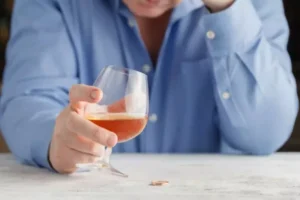
Alcohol cravings are caused by psychological and physical factors that form triggers that tempt you to drink. Most commonly used to treat depression, St. John’s wort may also help curb the urge to drink. One of the active ingredients in milk thistle extract is silymarin, which may improve liver function in people with alcohol use disorder.
Alcohol cravings: What they are and how to manage them
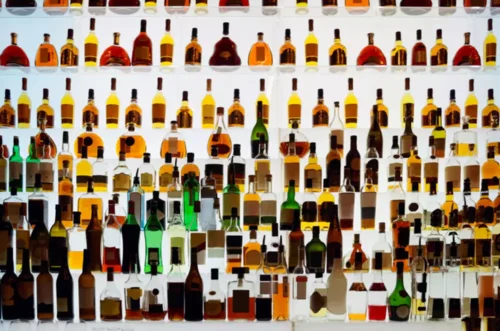
As you change your drinking, it’s normal and common to have urges or a craving for alcohol. The words “urge” and “craving” refer to a broad range of thoughts, physical sensations, or emotions that tempt you to drink, even though you have at least some desire not to. You may feel an uncomfortable pull in two directions or sense a loss of control. It’s important to remember that everyone’s timeline is unique. While these urges usually lessen over time, you may never learn how to stop alcohol cravings entirely.
There is no exact timeline for alcohol withdrawal, and individual factors, such as the level of dependence on alcohol, will influence it. Alcohol withdrawal symptoms range from mild but annoying to severe and life-threatening. If you developed a habit of reaching for a drink after a long day at work, or to celebrate the start of the weekend, you might find that you crave alcohol at these times.
Importance of Family and Friends
- In our CheckUpandChoices.com app, we ask people to keep track of the date, time, intensity (1-10), and duration.
- By Sarah Bence, OTR/LBence is an occupational therapist with a range of work experience in mental healthcare settings.
- Staying hydrated is also crucial, as dehydration can lead to fatigue and mood imbalances, which may increase alcohol cravings.
- You’ll need to experience the urge, but not act on it, until the urge lessens and goes away.